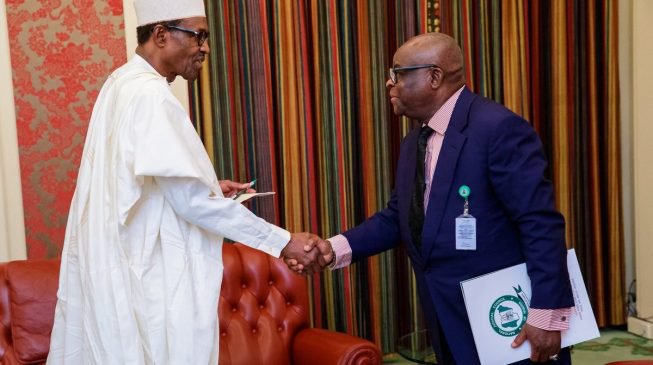The United Nations special rapporteur on the independence of judges and lawyers, Diego Garcia-Sayán, says President Muhammadu Buhari’s decision to sus
The United Nations special rapporteur on the independence of judges and lawyers, Diego Garcia-Sayán, says President Muhammadu Buhari’s decision to suspend Walter Onnoghen, former chief justice of Nigeria, was in contravention of human rights standards.
In a statement, Garcia-Sayan said, “International human rights standards provide that judges may be dismissed only on serious grounds of misconduct or incompetence. Any decision to suspend or remove a judge from office should be fair and should be taken by an independent authority such as a judicial council or a court. The dismissal of judges without following procedures laid down by the law and without effective judicial protection being available to contest the dismissal is incompatible with the independence of the judiciary.”
Onnoghen was suspended on January 25, 2019, and replaced by Ibrahim Tanko Mohammad, following his failure to declare in full his assets and liabilities as a public official. The President of Nigeria said he had acted in compliance with an order issued two days earlier by a tribunal established under the Constitution to decide on alleged breaches of the Code of Conduct for Public Officials.
“However, four separate Nigerian courts – the Court of Appeal, the National Industrial Court and the two Federal High Courts – had already ordered a stay of proceedings in the Tribunal. Moreover, the said order upon which the suspension was based, was issued ex-parte while the motion on notice on the same subject was adjourned the day before by the issuing court,” the statement read.
“All State institutions must abide by the decisions of national courts and tribunals. In the case of Chief Justice Onnoghen, four national courts hierarchically superior to the Code of Conduct Tribunal had already ordered a stay of proceedings, and the Tribunal had in a previous case, 8 months earlier, held that it lacked jurisdiction over cases involving judicial officers, which should be processed by the National Judicial Council.”
The rapporteur said some of the judges handling the case of the chief justice and the defence lawyers have been subject to serious threats, pressures and interference.
“I am seriously concerned at such allegations, which may constitute, if proven, grave attacks to the independence of the judiciary and the free exercise of the legal profession,” the UN expert said.
